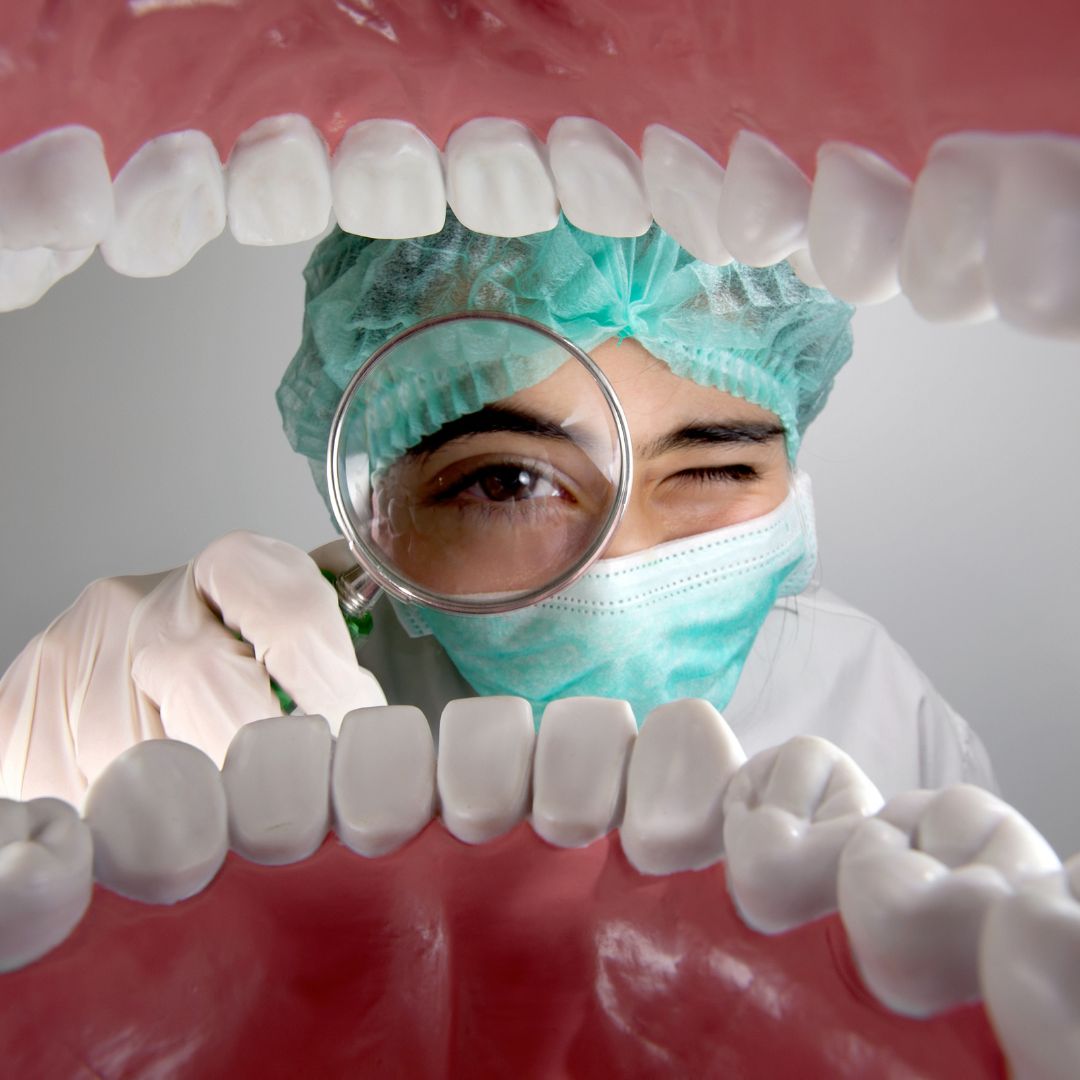Maintaining good oral health is not only crucial for a sparkling smile but also for the overall well-being of an individual. What may surprise many is the intricate connection between oral health and heart disease. Recent studies have revealed compelling evidence that suggests poor oral hygiene may contribute to an increased risk of heart-related ailments. In this comprehensive article, we will delve into the intricate relationship between oral health and heart disease, shedding light on the underlying mechanisms and offering valuable insights into how seeking expert care from the Best Dentists in Brisbane can play a vital role in maintaining a healthy heart.
I. The Oral-Systemic Connection
The mouth is often considered a window to the rest of the body, providing valuable clues about a person's overall health. This is due to the intricate network of blood vessels and tissues that connect the oral cavity to the broader circulatory system.
II. Gum Disease and Heart Health
A. Inflammatory Pathways
Gum disease, also known as periodontitis, is a chronic inflammatory condition caused by the buildup of plaque and bacteria around the gum line. This inflammation triggers a systemic response, releasing inflammatory mediators that can enter the bloodstream and affect the heart.
B. Bacterial Translocation
The mouth is teeming with bacteria, some of which are harmless and others that can be harmful when they enter the bloodstream. In cases of advanced gum disease, bacteria from the oral cavity can enter the bloodstream, potentially leading to infections in other parts of the body, including the heart.
III. Oral Health and Atherosclerosis
Atherosclerosis is a condition characterized by the buildup of fatty deposits (plaque) in the arteries. Recent studies have suggested that the same bacteria associated with gum disease can also be found in atherosclerotic plaques. This has led researchers to explore a potential link between oral bacteria and the development of atherosclerosis.
IV. Oral Bacteria and Endocarditis
Endocarditis is a bacterial infection affecting the heart chambers and valves' internal lining. Bacteria that enter the bloodstream and reach the heart are usually to blame. In some cases, these bacteria can originate from the oral cavity, highlighting the importance of maintaining good oral hygiene.
V. Diabetes, Oral Health, and Heart Disease
Diabetes is a major warning sign for cardiovascular disease. Diabetes makes people more susceptible to gum disease because high blood sugar levels weaken the body's capacity to fight infections. This further underscores the intricate relationship between oral health, systemic health, and heart disease.
VI. Lifestyle Factors and Oral-Heart Health
A. Diet and Nutrition
A healthy diet is essential for both oral and heart health. Foods rich in antioxidants, such as fruits and vegetables, can help protect the gums and reduce inflammation. Additionally, limiting sugary foods and beverages can lower the risk of both gum disease and heart disease.
B. Smoking and Tobacco Use
Tobacco use is a significant risk indicator both for gum disease and heart disease. It reduces blood flow to the gums, impairs the immune system's ability to fight off infections, and increases inflammation throughout the body.
C. Regular Dental Check-ups
Seeking regular dental care from the Best Dentists in Brisbane is crucial for maintaining good oral health and preventing gum disease. Dentists can identify early signs of gum disease and provide appropriate treatment, helping to mitigate potential risks to heart health.
Conclusion
The intricate link between oral health and heart disease highlights the importance of comprehensive healthcare that addresses not only the heart but also oral hygiene. By seeking expert care from the Best Dentists in Brisbane and adopting a holistic approach to health, individuals can take significant steps towards safeguarding their hearts and overall well-being. Remember that a healthy grin is synonymous with a healthy heart.





Comments